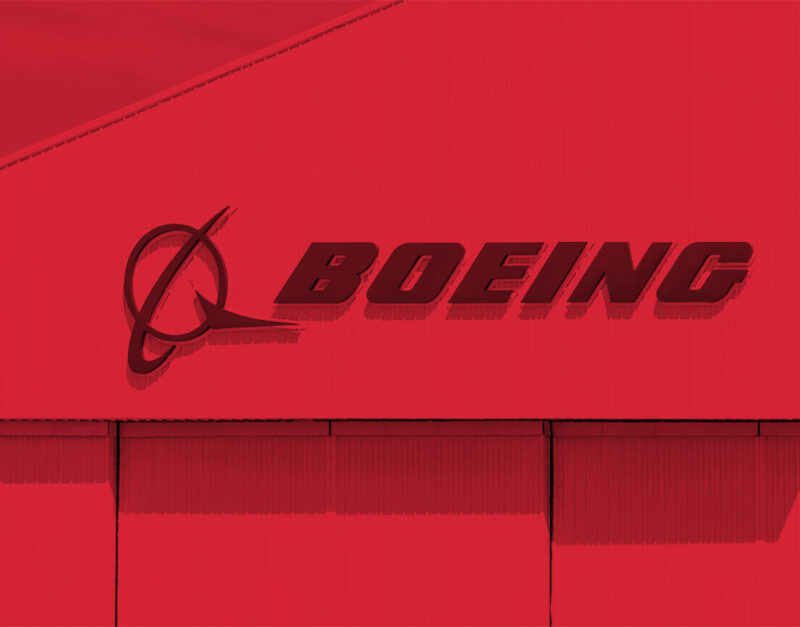 May 2, 2023
May 2, 2023 Pregnant women working at the Boeing’s Auburn, Washington, plant in the 1980s appeared to have a higher rate of miscarriage than the general population, leading to questions about the possible connection to toxic chemical exposure on the job.
Study of Boeing Toxic Exposure
The concerns prompted a Boeing toxic exposure study finding that 11 of 41 pregnancies ended in miscarriage, or 27 percent. That compared to a rate of 10 to 20 percent among the general population. Officials concluded that the study results were inconclusive in linking the miscarriages to chemicals handled by employees and determined that additional research was needed.
However, despite the concerns about a possible connection, a corporate memo reported that “no single agent can be identified as a cause of miscarriage in this study” but pointed to a few chemical products that were “implicated by this study as being associated with miscarriage,” records show, according to the Everett Daily Herald.
Boeing Never Followed Up on Concerns
But based on legal depositions by company officials discussing company documents, that follow-up by Boeing never occurred.
The internal documents were among hundreds of pages of historical company records discussed in depositions taken in a series of lawsuits claiming Boeing factory employees suffered reproductive harm from toxic chemicals they handled on the job. The lawsuits allege that the exposure resulted in birth defects in the workers’ children, born between 1980 and 2014.
Lawyers for the families say they suspect many more people suffer health problems or genetic disorders because of toxic exposure their parents suffered while working at Boeing manufacturing facilities during the past four decades.
“One of the realities of industrial workplaces is that unless the company chooses to do a study to determine whether the chemicals it’s using are causing adverse effects amongst its workers and the children of its workers, then it’s very hard for regulators and the scientific community to know what is going on and what health effects are occurring,” said plaintiff’s attorney Michael Connett, a partner at Waters Kraus Paul & Siegel who specializes in birth defect litigation.
That’s a massive conflict of interest, he told the Herald. If a study provides evidence that chemicals cause harm, “then the company is inviting liability,” Connett said. “So, companies are disincentivized from doing studies that would bring to light the full spectrum of consequences of the chemicals it handles.”
Boeing Toxic Exposure Lawsuits
Boeing has declined to comment on the lawsuits and depositions. In court filings, however, the company argued that chemicals did not cause the children’s birth defects in its facilities and that it has always taken measures to protect its employees from potential health hazards.
In October, the company reached terms on an out-of-court settlement with one of the plaintiffs represented by Waters Kraus Paul & Siegel — a woman born with a heart defect in 1980 when her mother worked at a Boeing factory. Two other lawsuits were filed by the families of two men who became fathers while working as mechanics at the Everett plant and are still pending.
The Daily Herald obtained eight depositions of current and former employees, including more than a hundred corporate memos, reports, and scientific studies discussed by high-ranking company officials over the past 40 years.
As early as the 1940s, there was recognition in the medical community that pregnant women are more sensitive to industrial chemicals than the general population.
In 1980, a top doctor at Boeing warned the company president of the disastrous potential of a long list of chemicals and urged improvements to the “industrial hygiene” program, the Herald has reported. But the suggestion wasn’t well received by then-President Malcolm Stamper.
As of 1991, Boeing’s Occupational Health Examination Guide for Physicians acknowledged that “the potential for adverse reproductive effects were given only minimal consideration” in establishing widely used safety limits for worker chemical exposure.
How We Help Victims of Boeing Toxic Exposure
Seek justice with the help of our experienced lawyers. Our birth defects law firm has battled corporate giants on behalf of individuals like you for 20 years, aggressively fighting to hold them responsible for dangerous chemicals and the birth defects and personal injuries they cause. If you have a child with birth defects caused by working at Boeing, we can help.


